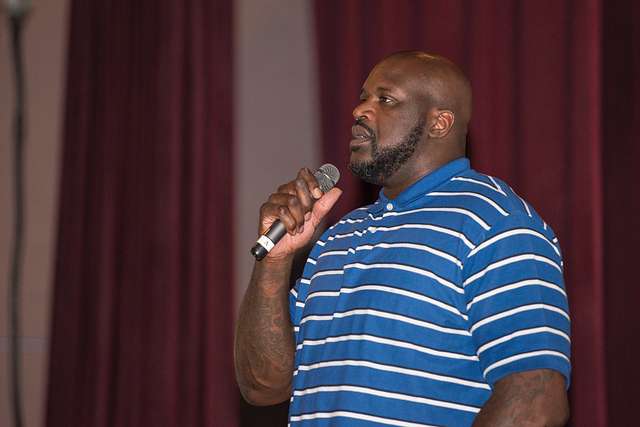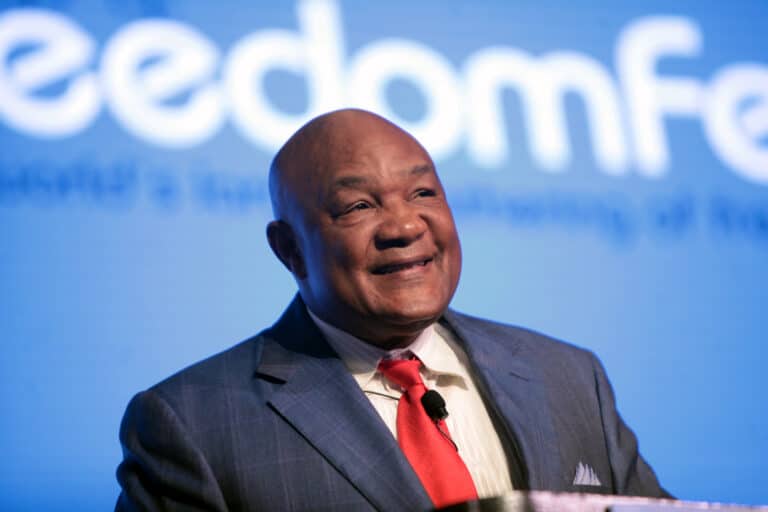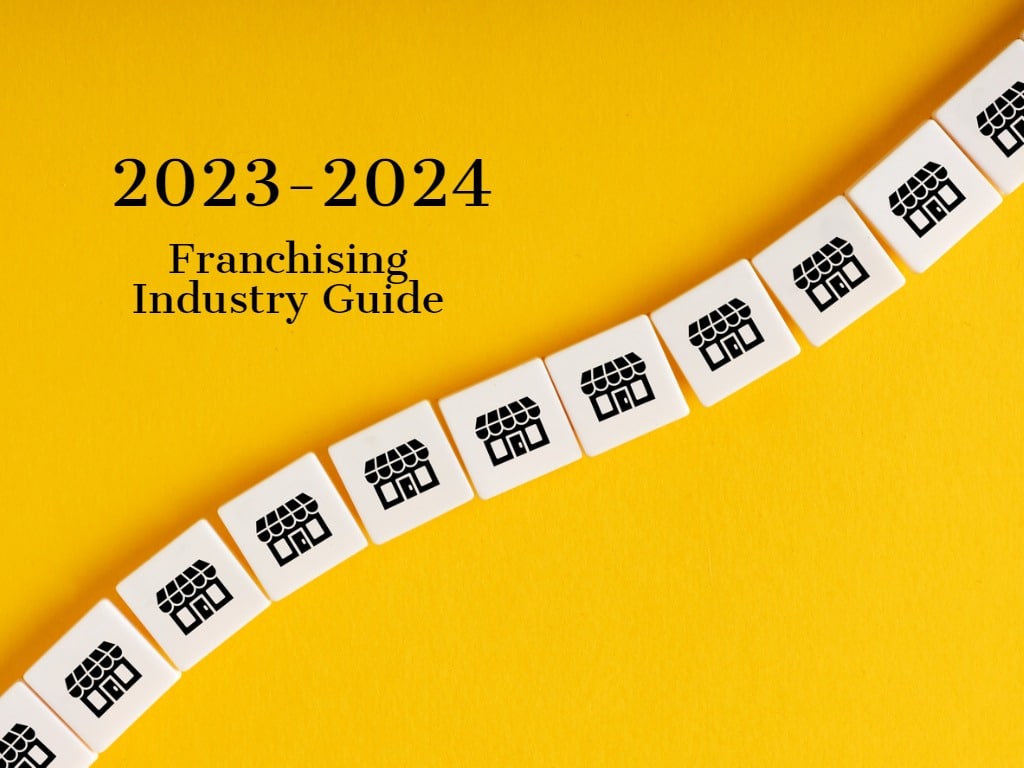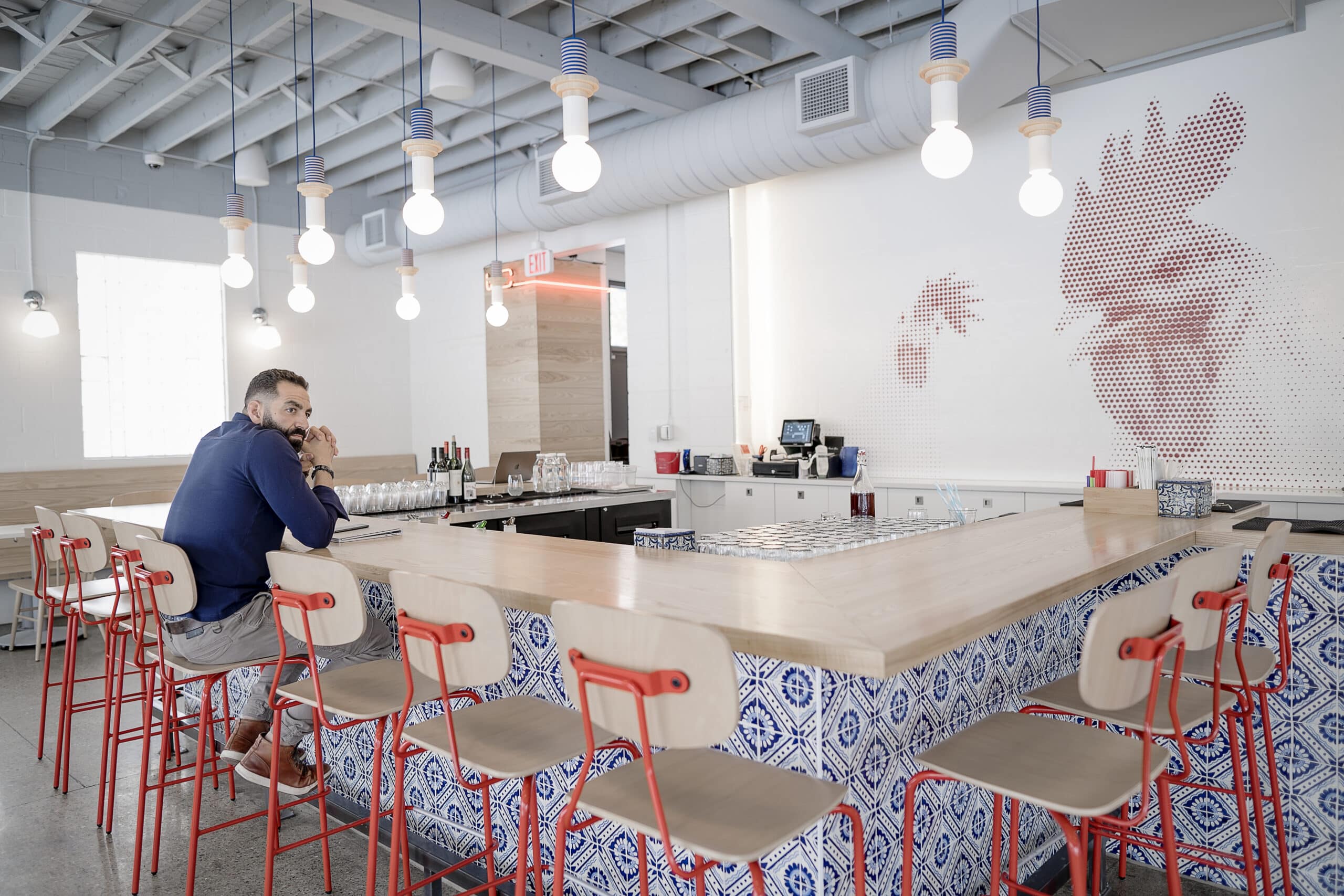
Buying a Franchise – An Introduction

A franchise is a business model where a well-established company (franchisor) grants permission (franchise) to another party (franchisee) to operate a business under its brand name and proven system. The franchisee pays a startup fee and ongoing royalties in exchange for the right to use the franchisor's trademarks, operating manuals, and ongoing support. If you want to retire your 9-5 and expand your entrepreneurial portfolio, then a franchise opportunity might be a great fit.
Here are some interesting facts about franchises:
- The first franchisor is believed to be Benjamin Franklin, who owned a printing business. He partnered with a local bookseller to sell his newspaper throughout the region (discover more in our article exploring the history of franchising).
- There is actually an Anytime Fitness franchise located in Antarctica (more about fitness franchises below). Researchers based in Antarctica can use the well-known gym brand to maintain personal fitness.
- Over 10% of America's businesses are franchises. These franchises contribute significantly to the American economy, employing over 8 million people and generating millions in annual revenue. Franchises are a cornerstone of economic activity in America.
Consequently, owning a franchise can take many forms and ultimately be highly rewarding in both the short and long term.
Owning a franchise also offers serious benefits for business owners looking to capitalize on a business's existing reputation. A playbook will ensure franchisees avoid some common mistakes when starting a business from scratch. Franchises will have a proven business model, a marketing playbook, and loyalty from an established customer base. Time and time again, we've seen countless individuals achieve their financial goals by acquiring and running a franchise. Starting a business may take 24/7 non-stop energy and effort, but making a success out of a franchise may be more straightforward than you think.
Other benefits of buying a franchise include:
- Accessing a support system from the franchisor for operations and training. The support systems include tools and resources to maintain relevancy and brand consistency and deliver industry-leading customer experiences. In comparison, startups often operationally rely on learning from their mistakes. As part of the franchise network, you will also have increased buying power when negotiating with suppliers for equipment and inventory.
- Franchises also offer the potential for high growth. Unlike starting a business from scratch, where initial success doesn't guarantee easy expansion, franchises provide a proven model you can replicate across multiple locations. If you've established a thriving franchise location, you can capitalize on your experience by opening a new outlet.
- Franchises generally have a higher resale value than individual businesses. Buyers recognize that franchises are part of a successful system with a track record of success.
To access the benefits of owning a franchise, it's essential to find the right opportunity. There are over 4,000 franchise opportunities available in North America, which may seem intimidating for first-time franchisees. One key piece of advice we always give first-time franchise owners is that the right franchise doesn't match your experience profile exactly. For example, if you've owned a restaurant before, the right franchise for you may not necessarily be a fast food franchise.
The first step in owning a franchise is conducting thorough research into the highest-potential franchise business opportunities. An easy way to organize franchise business opportunities is via industry. In the next section, let's explore franchise examples by industry and the benefits of each common franchising industry.
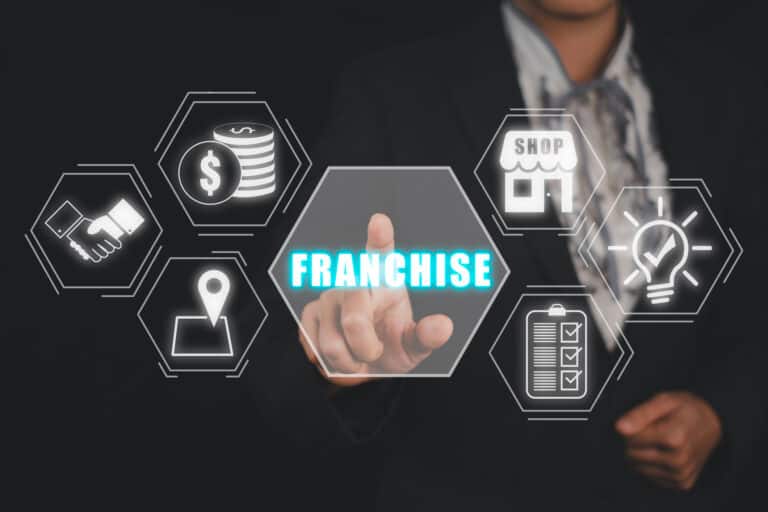
Unpacking Different Franchise Opportunities
In this section, we'll take a birds-eye view of franchises in the food, cleaning, construction, fitness and salon industries. We'll also examine how the franchise industry as a whole will change over time through upcoming technological developments - for example, artificial intelligence (AI).
Franchises in the food industry: an overview
The food franchise opportunity is booming. Fast food, in particular, offers a profitable franchise venture. As a market with built-in demand, food offers a convenient short—and long-term business growth model.
Additionally, food outlets generally proffer highly recognizable brands, reducing the need for targeted marketing efforts. Instead, the food franchise may also have an established and loyal customer base.
Many food franchisors also offer extensive training to assist you in operating efficiently and profitably. Examples of this training include food preparation, running restaurant operations, quality control, and management and employee training. Consequently, even if you don't have experience in the restaurant industry, it's possible to achieve financial success by running a food franchise.
Franchises in the cleaning industry: an overview
One of the key advantages of running a franchise in the cleaning industry is that it can be scaled up or down based on your requirements. For example, you can start with a small team and gradually expand your client base as your business grows. For those looking for negligible risk in their franchise opportunity, cleaning might be a winning option.
Moreover, cleaning services are considered essential by many people in most communities. Cleaning services are always in demand for both residential and commercial clients. The long-term translates into a predictable and consistent revenue stream, especially when you establish a strong client base with recurring cleaning contracts. Cleaning businesses continue to endure even during economic downturns. The relative stability can be reassuring, especially for first-time franchisees.
A minor yet significant benefit of operating a cleaning franchise is consistent flexibility in scheduling. Depending on your client's needs (and your own preferences), you can choose to operate during regular business hours, evenings, or even weekends.
Franchises in the fitness industry: an overview
Though growth in the fitness industry briefly plateaued during the pandemic, the fitness industry is now experiencing significant growth, primarily driven by people's increasing focus on health and wellbeing. Through owning a fitness franchise, you can tap into a market with established demand.
Many fitness franchises have spent years accruing reputations. A high-quality fitness franchise will build a high-impact brand by offering effective workouts, a supportive community, and qualified trainers. The franchise's brand recognition will immediately attract high-intent audiences and reduce the burden of founding your own brand from scratch.
Likewise, you can access the franchise's business model and learn how to stick to the landing when establishing your franchise. No need to pore over spreadsheets to calculate the most profitable member rates or how to structure your fitness classes. Franchisors in the fitness industry will have developed comprehensive training programs for franchisees, covering both the business aspects (finances, staffing, marketing and sales, etc.) and also the fitness side (exercise routines, sourcing and maintaining equipment, trainer certification, and so forth). Some franchisors will also deliver ongoing support beyond initial training - a practice intended to ensure you maintain brand quality while also helping you maximize profits. The ongoing training may include marketing campaigns, operational best practices, and, significantly, how to foster community in your fitness franchise.
Building a community is a defining aspect of operating a fitness franchise. Though highly rewarding for some franchise owners, tangible benefits of developing a community within your franchise include customer loyalty and member retention. Consequently, fitness franchises offer long-term profits for those looking to emphasize sustainability in their entrepreneurial portfolios.
Curious about learning more about what owning a franchise in the fitness industry is like? Check out our dedicated page.
Franchises in the construction industry: an overview
Construction franchises - including home improvement and building franchises - generally have a higher success rate compared to independent construction companies. The construction industry is a major pillar of the US economy, and construction franchises offer a tried-and-tested path to capitalize on its growth. There are a few notable benefits to being a construction franchise owner.
As with any franchise, reputable construction franchises offer the advantage of brand recognition. Some may even offer in-built referral networks to enable quick growth.
Successful construction franchises have established systems for project management, bidding, safety protocols, and customer communication.
Franchisors often provide comprehensive training programs for new franchisees, including both the business side (accounting, human resources, lead generation) and industry-specific knowledge (estimating, project management, safety regulations). Additionally, franchises may have established relationships with suppliers, which can create more competitive pricing for materials and equipment.
Many construction franchise systems offer ongoing support to their franchisees in areas like project management guidance, safety compliance assistance, and access to industry expertise. This can be invaluable for navigating complex projects and ensuring successful completion.
Franchise agreements may even grant franchisees exclusive rights to operate within a specific territory. Having a territory-specific franchise agreement will reduce competition, facilitating a greater focus on building relationships with local clients.
Franchises in the salon industry: an overview
Profitable salon franchises will inevitably have a proven business model, including salon design, product line, lead generation strategies and staffing schedules. Rather than reinvent the wheel, franchisees can access comprehensive training programs that allow success in the salon industry even without prior experience. Without wasting time on marketing efforts or strategizing, you can instead focus on building exemplary client experiences and driving profits. Profits will also be optimized by harnessing supplier relationships and shared distribution networks to drive discounts on salon products.
A number of recognizable hair and beauty brands in the US are, in fact, franchises. Do you have any questions about salon franchises? Consider reading our page for salon suite franchises.
What is the future of franchising?
As we've explored, the franchise landscape is rich, rewarding, and constantly evolving. Though it is impossible to precisely predict the future, experts believe that franchising will become even more innovative and adaptive in the future.
For example, the rise of AI presents a powerful opportunity for franchises. Like owning any business, owning a franchise can involve a lot of repetitive organizational labor. By leveraging AI, franchises can automate critical parts of marketing, deliver personalized customer experiences and aggregate data for better strategic decisions. For example, repetitive tasks like data entry and scheduling can be automated by free and accessible AI tools. It's likely that, in the future, we'll see AI-powered franchise management systems driving profits.
The franchising landscape is also becoming more competitive. Therefore, franchisors will need to deploy a stronger value proposition than just a brand name. To attract and then retain high-quality franchisees, franchisors will offer better support systems that enable franchisees to start achieving bigger profits - faster.
Therefore, there's never been a better time to take the plunge and start scouting franchise opportunities.
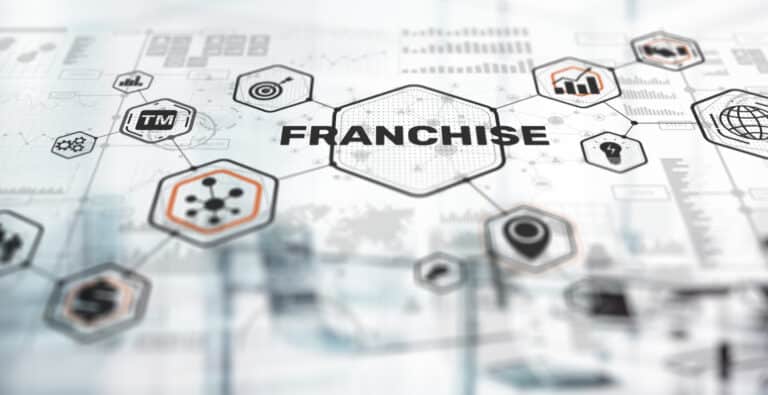
Want to Learn More About Franchise Opportunities?
In this article, we've explored franchising's past, present, and future. If this article has inspired you to take the next step in finding a franchise business for sale, consider speaking to a reputable expert.
Founded and owned by Dan Lorenz, Guerrilla Franchising is one of North America's leading franchise consulting firms for owning and managing franchises. Dan has years of experience providing high-level investment consultancy services - including the Big Four - and has also owned and operated profitable franchises for over ten years.
Working closely on a one-to-one basis, he can deliver highly personalized advice to clients seeking franchise opportunities. Knowledge and support are packaged into a comprehensive and accessible program that boasts time-tested success.
What does this program look like? Dedicated weekly calls and daily access to expert guidance form a stable foundation for making fully informed franchise ownership decisions.
If you are interested in discovering more about any of the services we offer here at Guerrilla Franchising, we invite you to get in touch. We are dedicated to answering any questions you may have and can help provide you with all the required information regarding a potential franchise investment.
You can also choose to arrange a 15-minute strategy session. During this session, you can discuss your franchise requirements. We will also outline how Guerrilla Franchising can enable you to find the right franchise for you in less than 90 days.
Are you ready to accomplish your financial goals and a flexible work-life balance? Explore a network of established franchise opportunities that align with your goals and unlock your desired lifestyle. Take control of your franchising future – get in touch today.
Don't Just Take My Word For It
My American Dream is helping you achieve your American Dream. Take a look at who I’ve helped and learn why the Guerrilla Franchising system was best suited to help them become financial free entrepreneurs.

LAST CHANCE!
How To Tap Into The ‘Money Printing’ Investments Shaquille O'Neal, Venus Williams & Queen Elizabeth II Use To Generate Millions In Passive Income… (Even If You’re Starting With Just $60k Liquidity!)
Forget crypto, property & stocks… everyday Americans are waking up to the surging investment opportunity that is like writing a blank check to your future self, even if you’ve never invested a cent in your life & don’t have a minute of free time outside of your 9-5!





